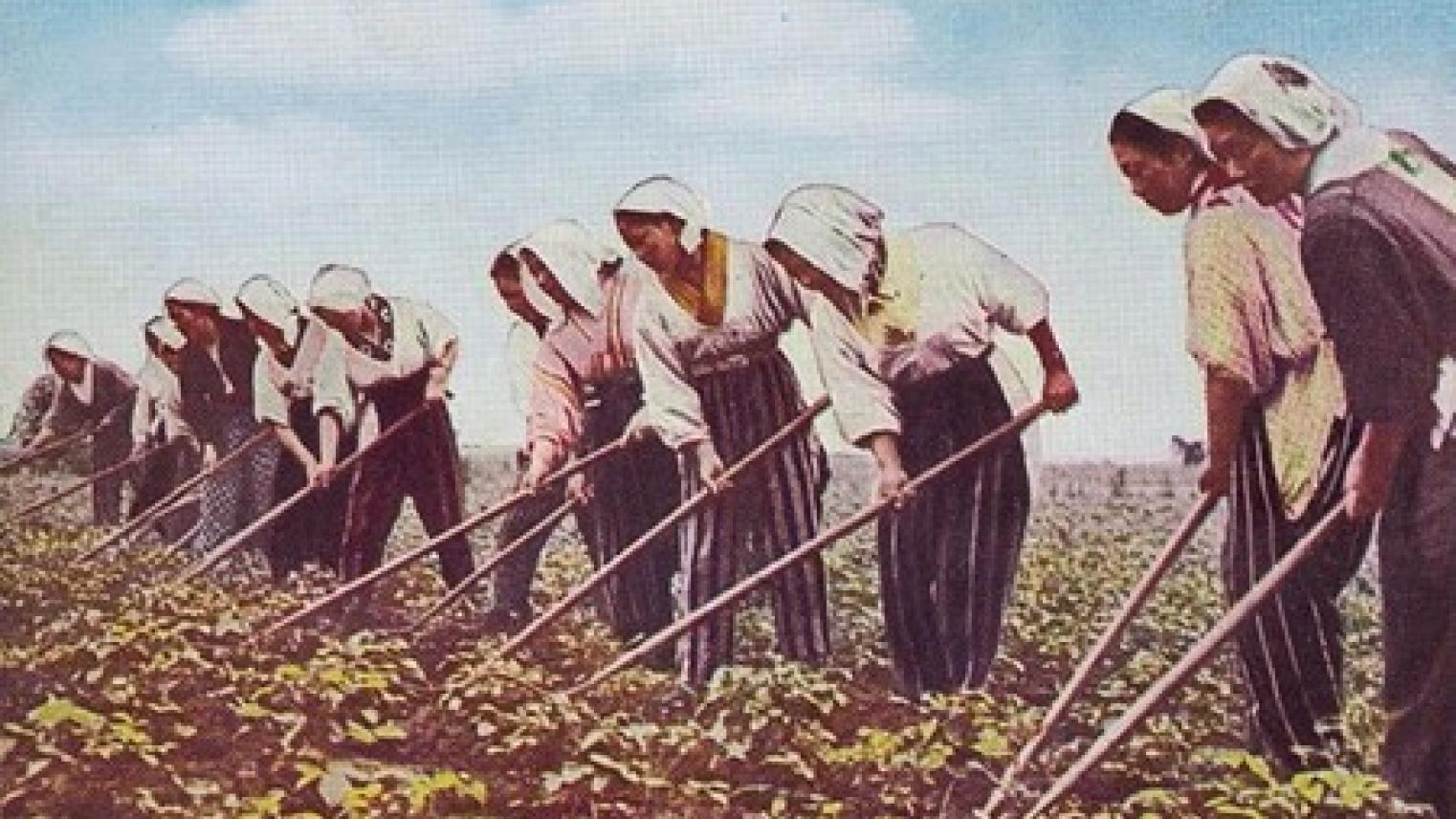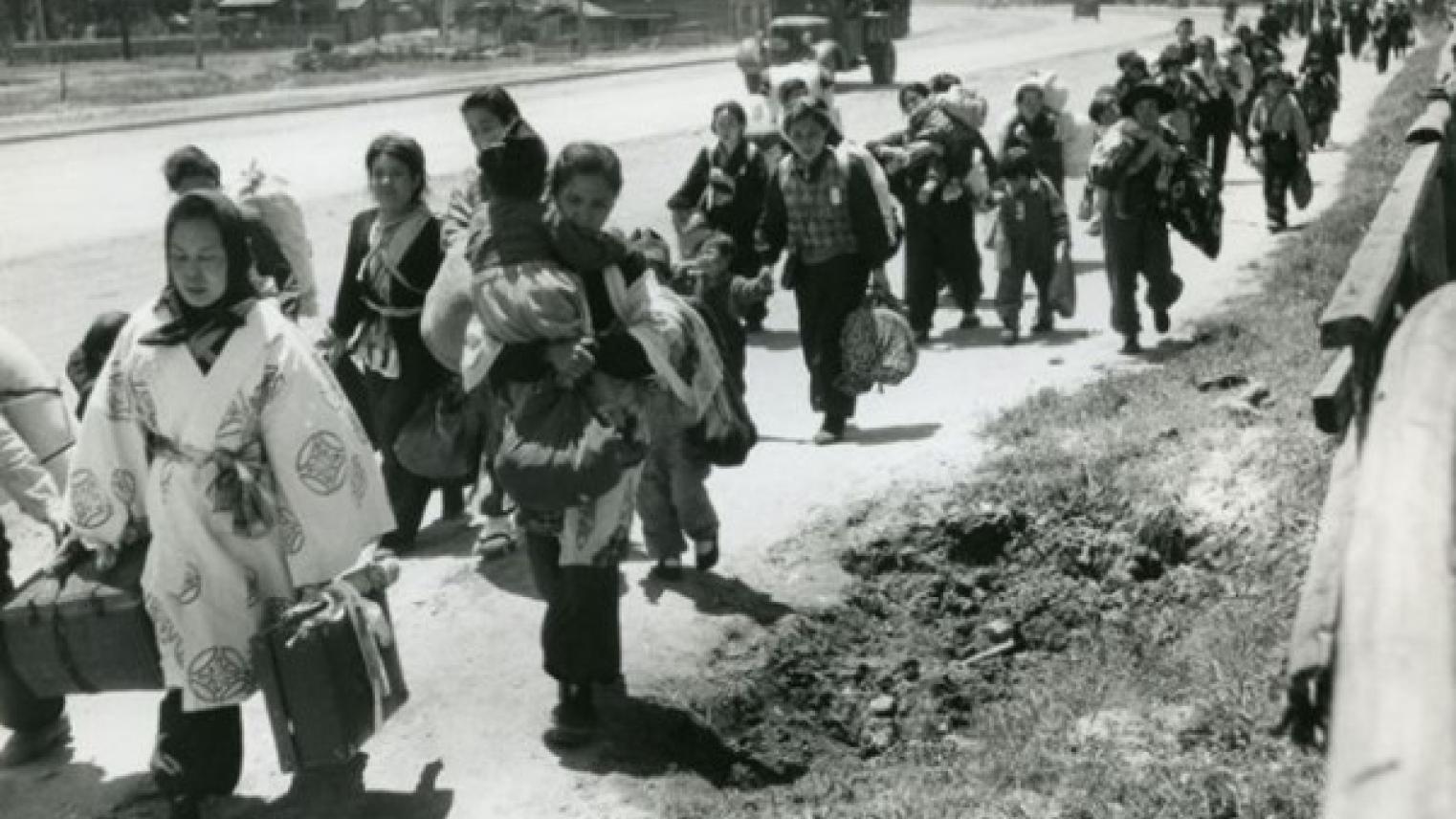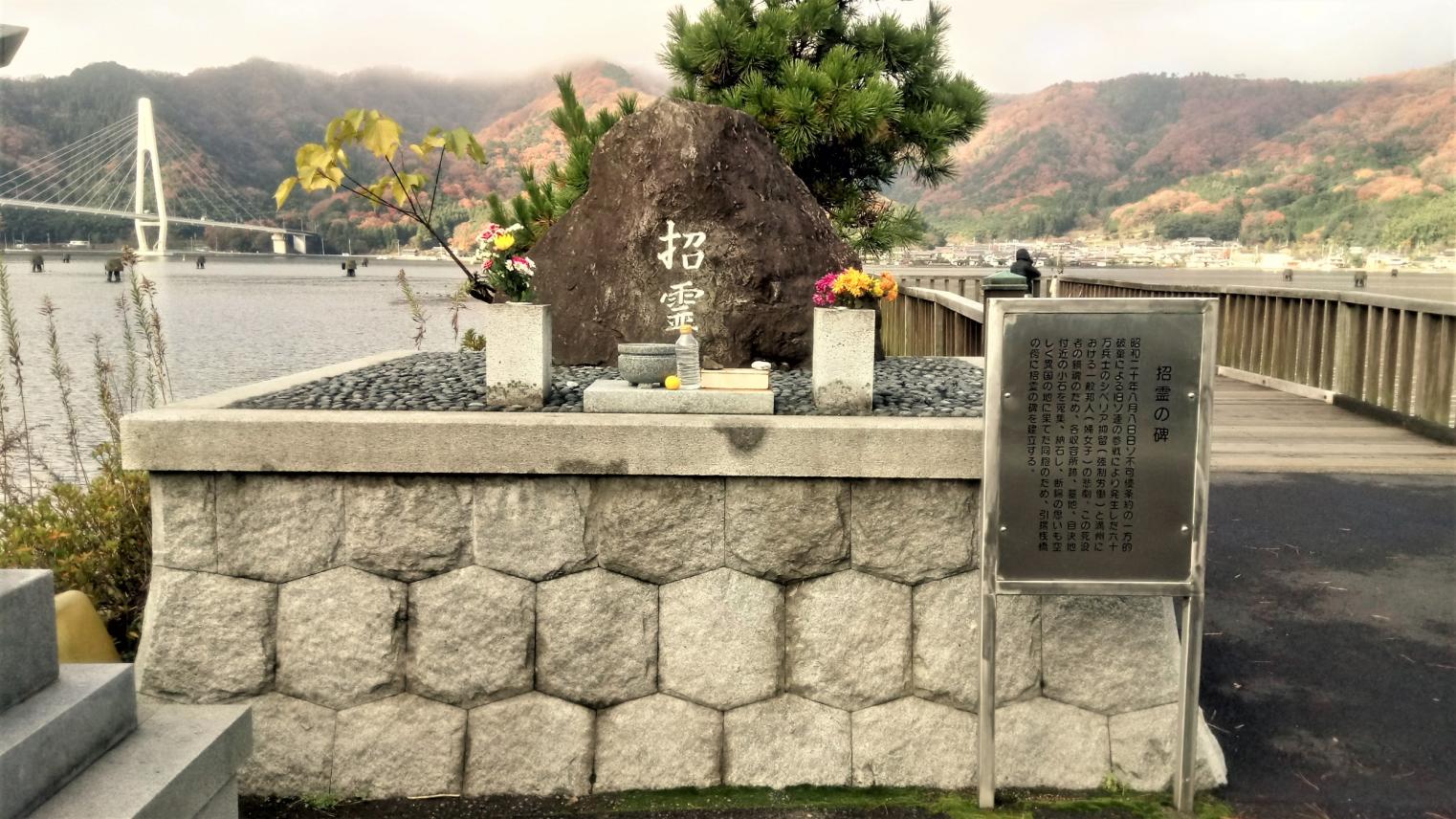Listening to chiisana koe (unheard voices)
What I am learning from my research is that we need to respect trajectories of people's life courses, in order to make sense of the world around us. This way of perceiving the history is something I would like to pass to next generations at ANU.
For Mayuko Itoh, coming to Australia was based on her curiosity for something new, something different. Living in another country and studying another language seemed far more fascinating than remaining on predictable and charted territory in Japan. When she began to delve into the beautiful life stories of many Japanese women here as part of her PhD research, she knew this is what she wanted to do with her career. “If I had not met those Japanese women I interviewed for my PhD research, I might have worked in a completely different industry altogether—perhaps in animal welfare, or I may have returned to Japan.”
And the rest they say—pun absolutely intended—is history.
History, her story, everyone’s story…
Broadly speaking, Mayuko’s research on history is through the lens of individuals' voices and experiences. People’s s personal histories can provide different insights in understanding the mainstream discourses of history in general. The micro histories of Japanese women crossing national boundaries at various points in history constitutes the overarching theme of Mayuko’s research projects.
Currently, her research focus is the myriad experiences of Japanese women who emigrated to and repatriated from Manchuria since the 1930s. These are women who moved to Manchuria as colonisers, and then at the end of the war, they faced harsh atrocities, including mass killing and rape, committed mainly by the Russian army and locals who had been colonised by Japan. They repatriated to Japan as victims of sexual violence, being recognised by the authority and the society as spreaders of STDs and unwanted 'foreign blood'. In postwar Japan, they lived silently as embodiments of Japan's ‘dirty’ colonising past.

While this roughly outlines the course of their life’s journey, looking at their micro histories suggests that they had not headed to Manchuria to be colonisers and returned to Japan as helpless victims. There were significant complex emotions and unheard voices behind their collective silence in postwar Japan.
During her PhD studies, Mayuko researched the oral histories of 16 Japanese migrant women in international marriages in Australia. Her experience of interviewing these women has greatly shaped her outlook to research.
With my third interview, I came to realise that what we call history is actually a collection of dispersed, small, personal histories. The third interviewee’s narrative was nothing unusual or extraordinary, and her story was neither explicitly positive or negative; but she strived to be honest to herself and her past, and her account was full of her agency and vivid emotions.
Following this interview, Mayuko’s approach to her PhD and research shifted gears: from being predominantly sociological, her perspective evolved to imbibing a particular emphasis on analysing the trajectories of individuals' life courses and their subjective understandings of their lives. Research from a personal perspective thus became Mayuko’s passion.
What I am learning from my research is that to make sense of the world around us, we need to respect the varied trajectories of people's life courses. This way of perceiving history is something I would like to pass to next generations at ANU.


Multicultural Australia
Mayuko’s own personal experience of moving to and settling in Australia is truly reflective of this approach to perceiving life stories and peoples’ histories. Initially, she lived in Melbourne, followed by Launceston and then Canberra. This pathway led her to experience different versions of multiculturalism in Australia. Demographically speaking, Melbourne has a rich mixture of people's ethnic, cultural and linguistic backgrounds, which is not as true for Launceston. In Launceston, East Asians, not to mention the Japanese community, are a very small part of society.
Mayuko recalls, “My family and I were called ‘Asian dogs’ in the first week of us moving there”, while she had never had this kind of an experience in Melbourne where people are proud to accept cultural differences. However, after living for a while in Launceston, they were no longer considered alien to the local community, in which people did not much care about other community members’ cultural, ethnic and linguistic differences. So, while Australia is considered multicultural, how it is practiced in daily lives varies greatly across communities and regions. “I think I am lucky to have lived in Launceston for three years, which was long enough to experience its wonderful community. Otherwise, I would probably not have discovered the beautiful aspects of the town and its people”.
As for Canberra and ANU, Mayuko loves it.
Being in Canberra reminds me of my childhood, because my hometown in Japan, Tsukuba city, is also a designed science and academic city with a number of governmental research institutes and universities. “Walking around ANU hand in hand with my boy especially reminds me of myself as a little girl doing the same thing with my father at Tsukuba University.
Mayuko came to ANU because it is a research-focused university, and she hopes to conduct research here in the best environment possible.
Small boy, big cat, research–rock on!
Off campus too, Mayuko keeps her passionate research hat on while she spends time with her family—her husband, her little boy and her not-so-little cat! She spends long hours in front of her computer but also in the kitchen.
For me, taking care of my boys and doing research are not two separate worlds. I see the world around me through my boys and through my research. The mum and the researcher in Mayuko are constantly in conversation with each other.” She explains, “For example, I will soon be writing about young boys who were sent to Manchuria by the Japanese Government between the late 1930s and 1945. If I was not living with my boys, my focus would probably be set only on women.
And when Mayuko is not deep in her research or in her kitchen, she can be found at a concert venue of one of her many favourite rock bands, such as Xa-Vat, Boom Boom Satellites, and Plasticzooms!
Well, we are glad to have Mayuko Itoh on board the CHL crew ship, and we are sure she’s going to rock!